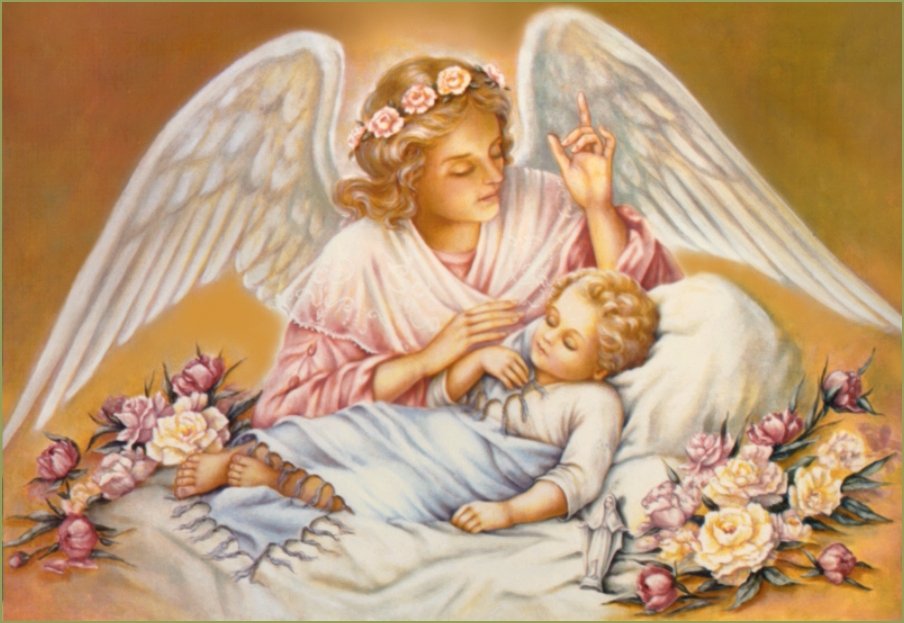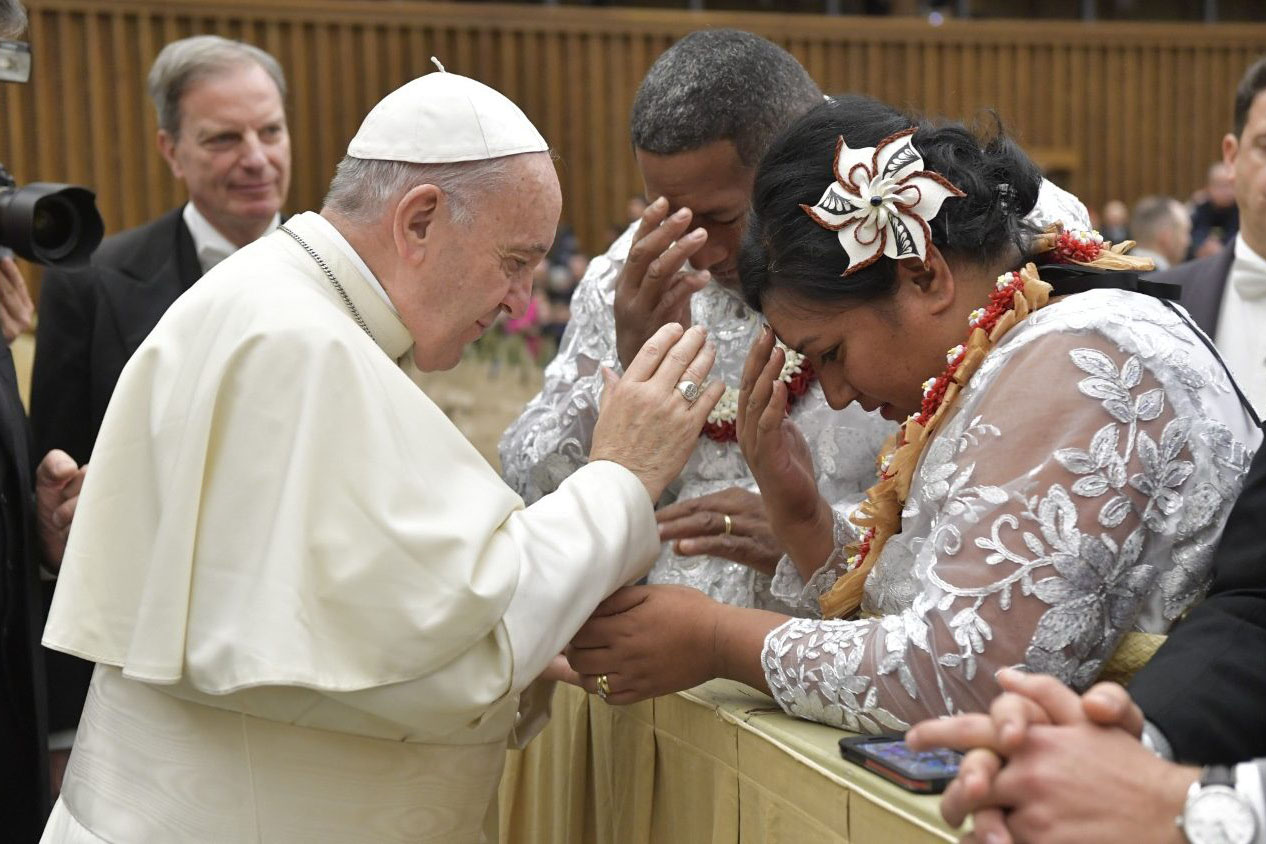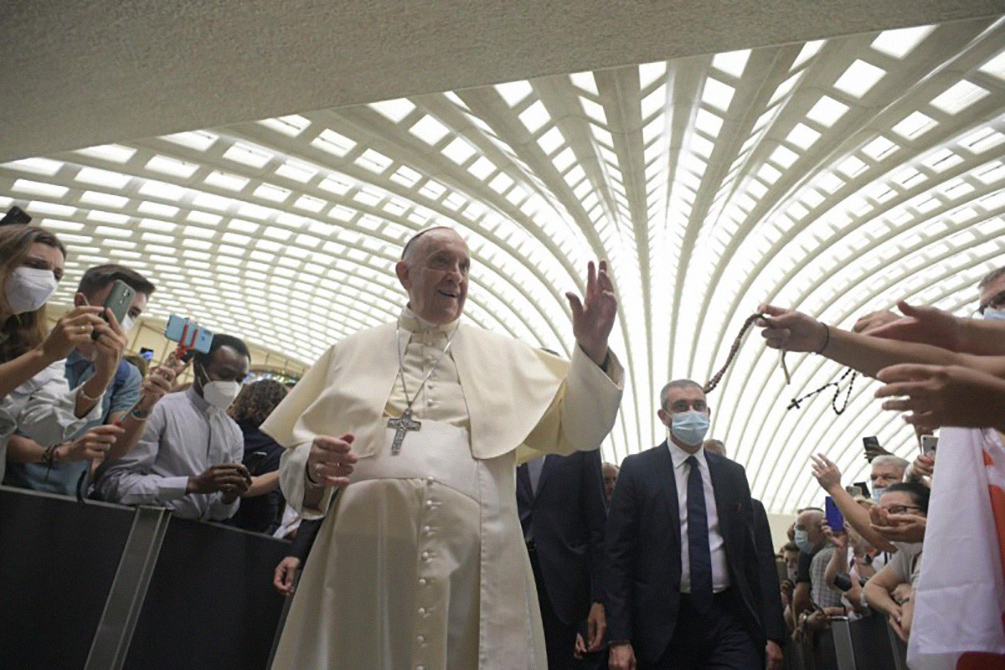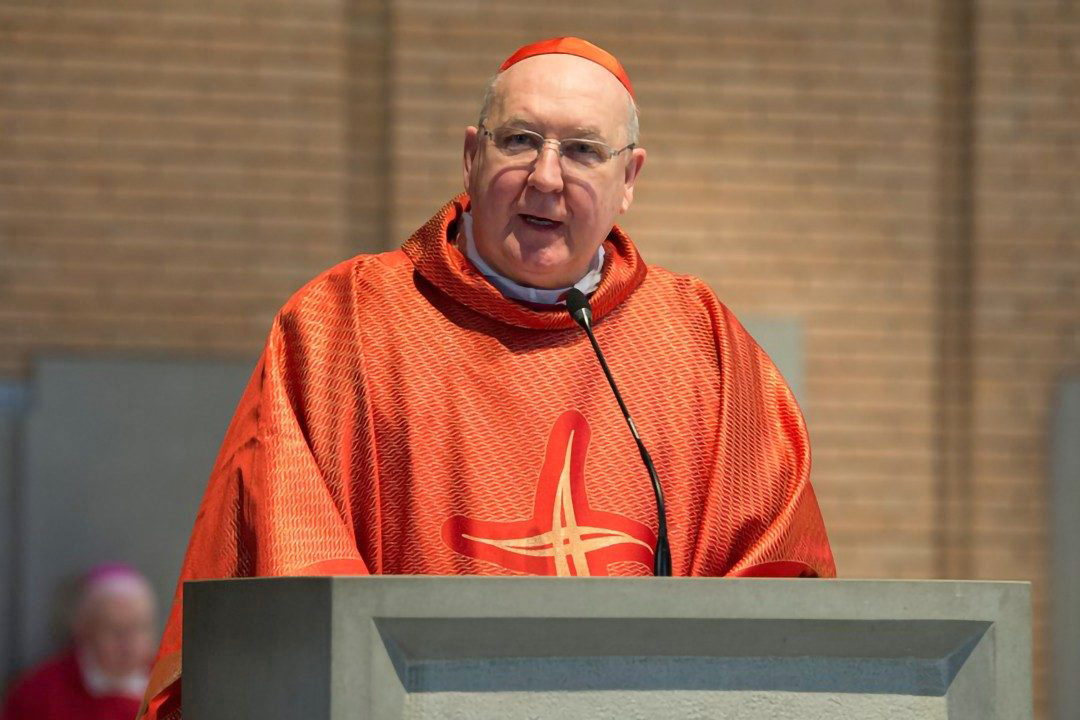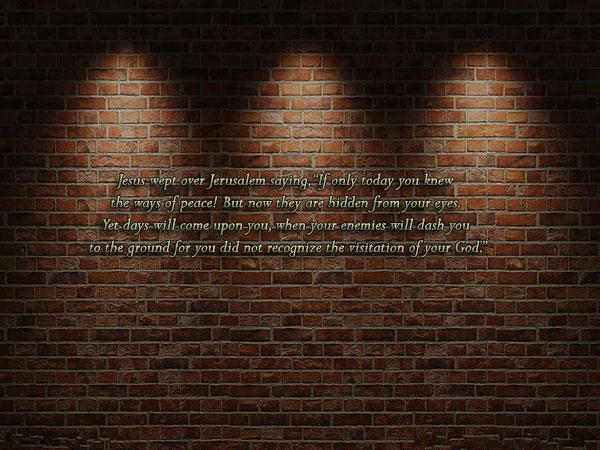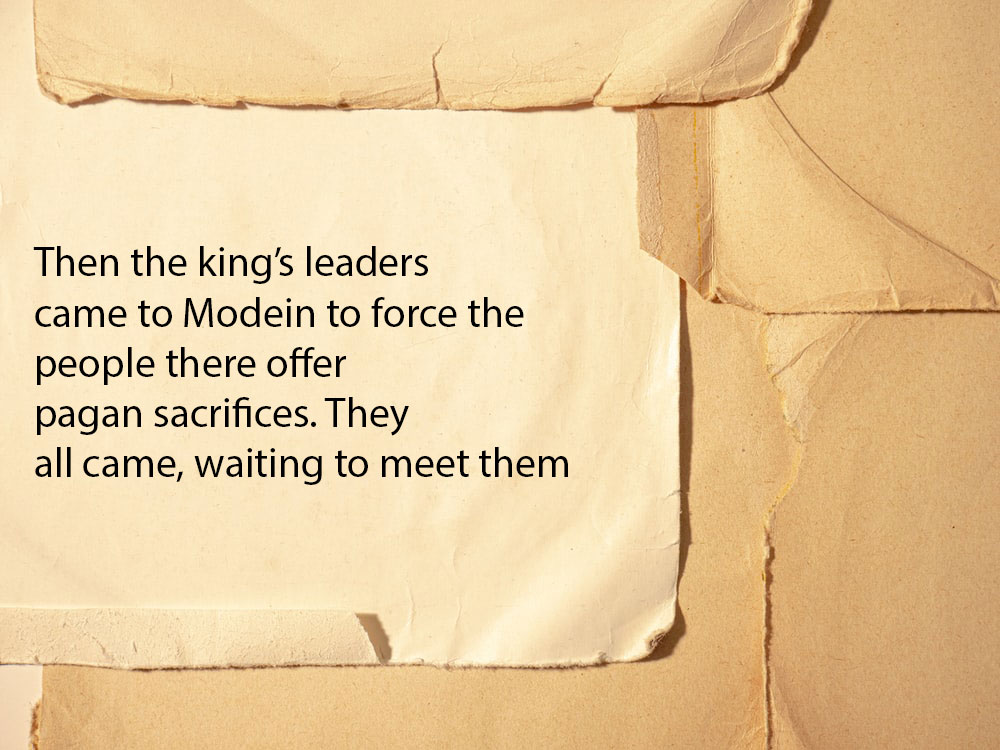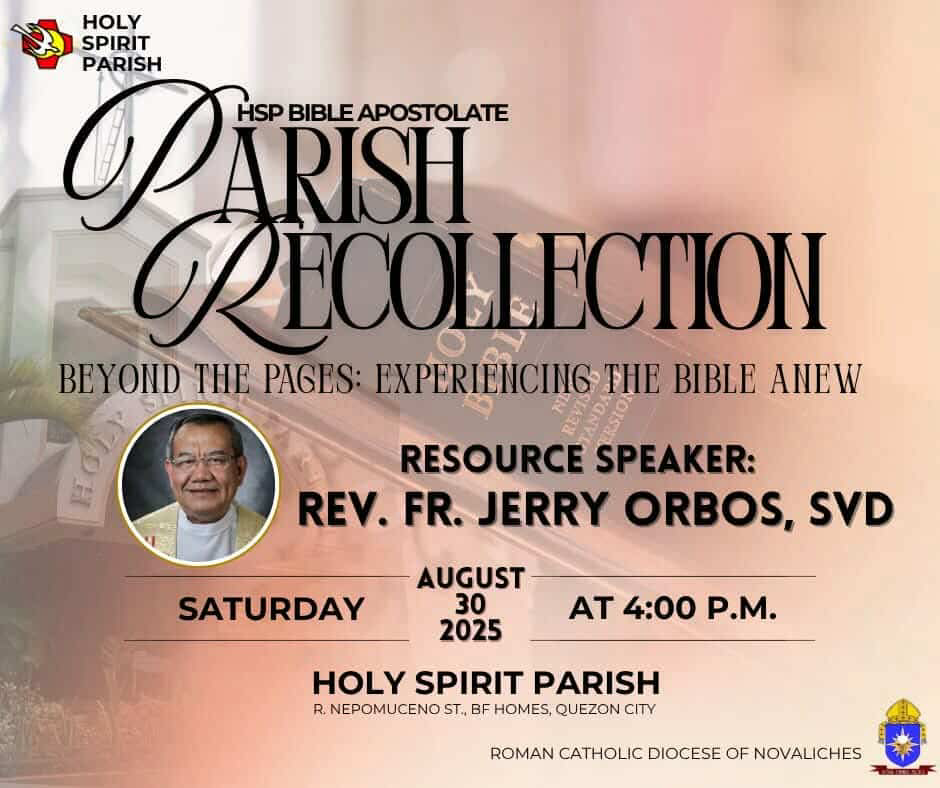There is so much confusion about love and marriage in our society.
There is so much confusion about love and marriage in our church.
So here are ten things every Catholic should know about marriage.
1. Marriage is something given by God – Marriage is not a social construct or a romantic idea. Marriage is not a sentimental occasion or the chance for a great party. Marriage is not something we made up either as individuals, a tribe or a society. Marriage is given by God. The beginning of the Bible shows man and woman together by God’s design. This was affirmed by Jesus Christ, human society, common sense and the universal experience of the human race. Marriage might have taken slightly different forms in different societies, but the essence of marriage–a man and woman together to complete one another and be united for life is a universal given.
2. A Valid Marriage is Between one Man and one Woman – Marriage is forged from the natural order. Men and women fit together. They fit together to make love and make babies. Two men or two women can love each other and that love can be a good and beautiful thing, but this is called friendship. It’s not marriage. Friends do not have sex together. That’s something husbands and wives–men and women do. Therefore, even if society makes laws that contradict this obvious truth, a marriage cannot take place between two people of the same sex.
3. Marriage is a lifetime commitment – For Catholics, marriage is for life. If you are validly married to a person you are married to that person until one of you dies. If you separate from that person you are still married to him or her. If you obtain a civil divorce, in the church’s eyes, you are still married to that person. If the marriage is valid you are married for life. If you are separated or divorced you cannot marry another person because that would be adultery which is a serious sin. You also cannot make love to another person because that too would be adultery.
4. For a marriage to be valid the man and woman must both be free to marry – You can’t marry someone who is already married.
5. For the marriage to be valid the man and woman must understand the nature of marriage and make their vows with full and willing consent – For all sorts of reasons people get married, but they either do not truly understand what they are doing or they have not made full and willing consent. If there are any circumstances or intentions which limit their ability to make full, mature and willing consent the marriage could be invalid.
6. For a marriage to be valid for a Catholic some other obligations must be fulfilled – A Catholic also has to be married according to the proper “form”. The proper form is that they must marry another Catholic in a Catholic church according to a Catholic ritual and officiated by a Catholic priest or deacon. If you’re a Catholic you can’t be married in a Las Vegas wedding chapel or on the beach or the mountaintop chapel at your local Baptist camp. You can’t be married by the Lutheran pastor or the Episcopal priest. You can’t choose a church according to which is prettiest. However, if there is good reason for a Catholic to be married to a non-Catholic or in some other place by another minister it is possible to ask the bishop for permission to dispense from the proper form. If you are a Catholic and you have not been married according to proper form then the marriage is probably invalid and you could probably receive a decree of nullity.
7. A decree of nullity is not a “Catholic divorce” – A marriage can be declared null or non existent by the competent church authority. After due investigation the authority may decide that a marriage never existed. This could be because of lack of form–the Catholic was not married in a Catholic Church to another Catholic by a Catholic official according to a Catholic rite. It could also be because one of the partners was not free to marry or because for complicated reasons, one of the persons was not able to make a valid marriage.
8. A decree of nullity has nothing to do with the quality of the relationship – You can’t apply for a decree of nullity because your husband has turned out to be a stinker or your wife is unfaithful. You said “for better or for worse” remember? A decree of nullity doesn’t have anything to do with what is happening in the marriage itself. Instead it is a decision based on whether or not a marriage was validly contracted in the first place. The reasons for the problems within a marriage might have existed at the point of marriage and may mean the marriage is invalid, but the actual fact of difficulties within a marriage–even if they are severe–are not the basis on which a nullity is decided.
9. For Catholics Marriage is a Sacrament – Marriage is not just a fairytale romance in which a man and woman fall in love and live happily ever after. In addition to the romance and erotic love, marriage is a sacrament. What is a sacrament? It is a sacred mystery in which the physical aspect of life becomes a channel of divine grace. In other words, through the physical aspects of married life–everything from making love to making breakfast, making money or fighting and making up–can be a connector to the divine life. That’s why we say marriage is given by God and we can’t tinker with the basics of what marriage actually is.
10. Marriage is part of the mystery of Christ and his church – In the Old Testament God said he would come and be the bridegroom of his people. Jesus used nuptial imagery many times in his teaching. He called himself “the bridegroom” and his followers “the bride.” St Paul said husbands should love their wives “as Christ loved the church”. He uses nuptial imagery repeatedly to talk about the church which is “the bride of Christ.” This means that our human marriages connect us with the mystery of Christ and his church. It is through the sacrament of marriage that we learn what God’s love is like. It is through the mystery of marriage that we experience the unity a believer is to have with Jesus Christ himself.
This is why the Catholic Church cannot tinker with marriage, because when we change the definition of marriage we change our understanding of our salvation. When we change the definition of marriage we change our understanding of Christ and his church. When we change marriage we therefore change our relationship with God.
This is also why the Catholic Church is opposed to anything which hurts or breaks marriage. This is why we are down on adultery, fornication, co habitation, homosexuality, masturbation, prostitution, pornography, divorce, re-marriage, bigamy, sexual abuse, rape, artificial contraception, artificial conception and anything else that breaks the precious and eternal sacrament of marriage.



